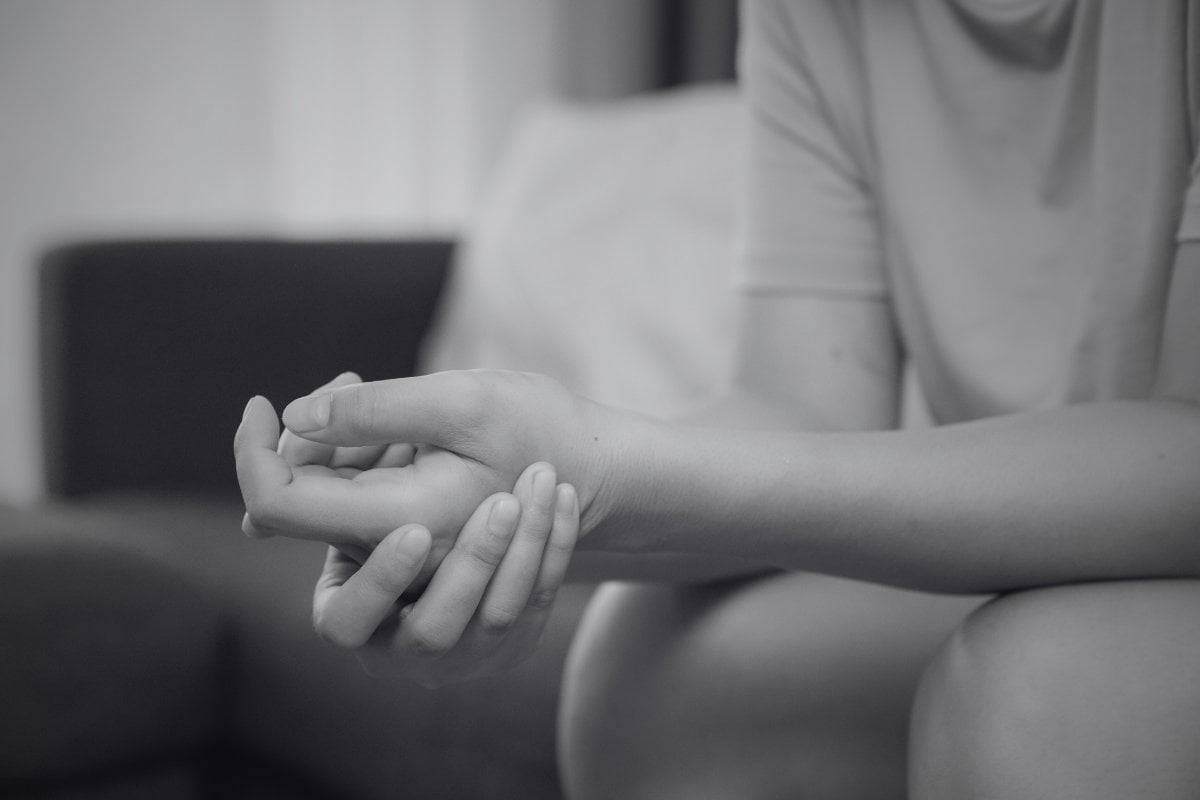
It’s one of the sad truths of our society, but chances are that you know someone who has suffered domestic violence.
An estimated 4.2 million Australian adults have been subjected to violence, emotional abuse, or economic abuse by a current or former partner since the age of 15. That’s roughly one in every five people.
While the overwhelming majority of cases go unreported to police, many victim-survivors will turn to someone close to them, such as a friend, relative, or co-worker. Research suggests that positive responses by these informal support networks can not only improve the well-being of the victim-survivor but can also encourage them to seek more formal support.
Watch: Coercive control is a deliberate pattern of abuse. Post continues after video.
So what should you do if you suspect someone in your life is in an abusive relationship? Should you raise it with them? What should you say?
Mamamia spoke to representatives from two major domestic violence organisations about how to provide effective support.
Dr Chelsea Tobin is the CEO of Safe Steps, Victoria’s 24-hour family violence crisis service. Safe Steps handles over 150,000 phone calls a year and helps Victorians experiencing domestic violence understand their risk and access appropriate services.





























































































